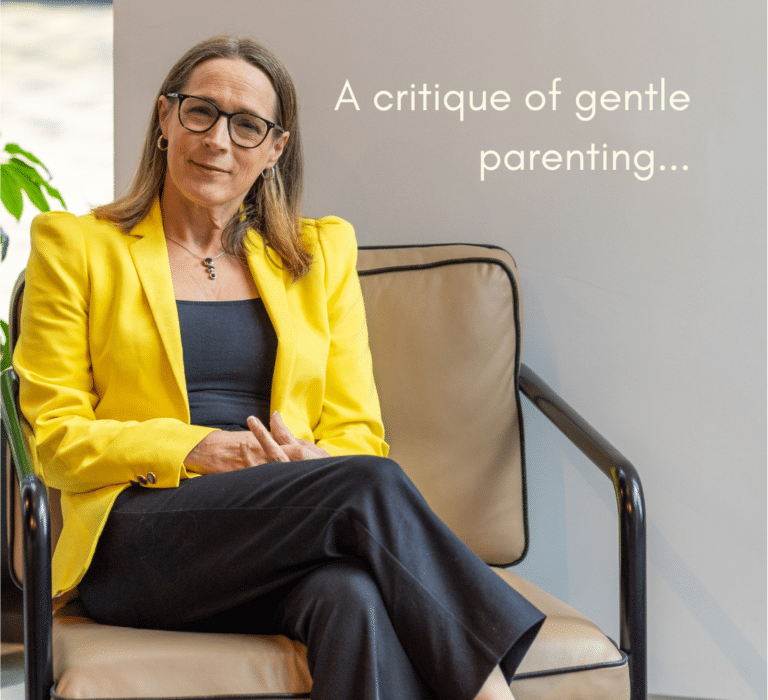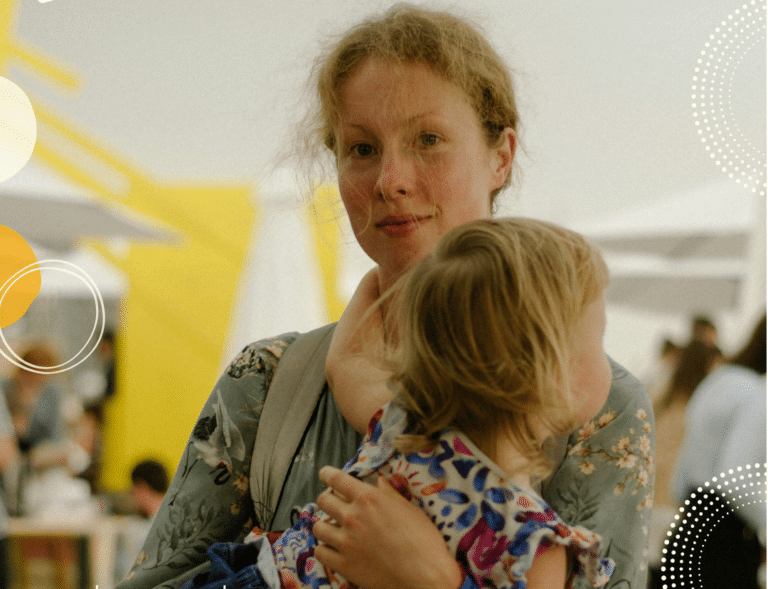How to have better weekends with children
It might be that you already have fantastic weekends with your family – in which case, do leave a comment below to share your secret! However, I know from personal experience that weekends with children can be tricky. As a single working parent with two young children, I still remember how the weekends would stretch out in front of me with a tinge of dread.
Weekends are when we get to spend our time in whatever ways we choose. Except, it doesn’t work that way with kids, does it? Children have a routine that we need to stick to (and Sunday morning 6.00am rises feel much crueller than weekdays). And there’s so much to do – all the household chores and life admin, plus an often relentless round of classes, clubs and birthday parties which children need to be prepped for and ferried between.
When we do plan some nice family time, too often the fun is derailed by unexpected tears or tantrums or by children who take bickering to an Olympic level. I’m sure I am not the only parent who has found myself thinking “Roll on Monday!”.
I don’t claim to have a one-size-fits-all simple solution for better weekends with children, but if any of that sounds familiar, here are a few tips that might help you to reset your weekends and get more joy from them.
Identify your needs
It’s tempting to approach each weekend with a checklist of what needs doing and who needs to be where when. But, if you have read my book, you’ll know that ‘To Do’ list thinking is not especially helpful for connecting with children.
A much more useful checklist is a ‘Needs List’. Take 15 minutes one lunchtime this week (when you are away from the children) and think about what you really need from your weekends. What you need (not your partner’s needs, not your mum’s needs, not your children’s). What would be on your list? A bit of ‘me time’ or downtime? Some energising exercise? To feel connected with your children? To feel like a good parent (what would help that)? To laugh?
Having a clear understanding, for example, that you desperately need time with other adults to refresh and rejuvenate at the weekends is really going to help with your planning.
And, frankly, nobody else is going to prioritise your needs if you don’t.
It’s probably not realistic to think every weekend is going to meet every single one of your needs. You might even decide that some of those needs have to be shifted elsewhere (a Friday lunchtime run/swim/coffee date perhaps?). Adults’ and children’s needs often conflict at the weekend and the best we can aim for is an overall balance. Sometimes, that will mean compromising (a 20-minute yoga class via an app rather than a full gym session, for example) but the compromises need to be divvied up fairly. If it is always your needs that are jettisoned, that will quickly build resentment and undermine your happiness.
Have realistic expectations
Time-poor working parents can feel enormous pressure for our weekends with children to be enjoyable and conflict-free. No parent wants to spend a precious weekend battling with their kids. However, wanting all family time to be 100% lovely is simply not realistic. All children push back at boundaries. They have sudden wants and needs, are quickly discombobulated by hunger or tiredness and are not fully in control of their emotions. It’s rare for weekends with children to pass without a single disagreement – so it’s best to have realistic expectations and aim for a few really high quality moments rather than a whole weekend of smiles.
Divide the workload fairly
Just like compromises, household tasks need to be divided fairly. We do our children no favours by running around all weekend picking up after them. Making a contribution to household chores helps to build children’s skills and self-esteem – so get them doing their own laundry and contributing to housework as early as possible (see Why children should do chores for more on this!).
And, if an unequal distribution of work between you and your partner is undermining your weekends, have that conversation and resolve it.
Do things you enjoy
Doing things you enjoy is truly rejuvenating. If you hate playing Dinosaurs, please don’t spend every weekend doing that. Find things that you and your child both enjoy doing. Things that enable you to have fun too. When we enjoy ourselves with our children, we not only enter a state of playful flow that replenishes our wellbeing, we also connect with our children on a truly resonant level and help to build their self-esteem.
Playfulness fuels children’s development, makes parenting enjoyable, strengthens family bonds and boosts everyone’s well-being. Creating more space for playfulness will give you room to breathe, to relax, to laugh a little more (and shout a little less) and enjoy being a member of your family.
The Work/Parent Switch, Anita Cleare
Tackle difficult behaviour proactively
If bickering children or repeated negative behaviour patterns are ruining your weekends, don’t keep firefighting. Tackle it proactively.
- Identify the positive change you want to see (what would ‘good’ look like?)
- Check this expectation is reasonable and that your child can do it (teach new skills if needed)
- Set a clear expectation or ground rule and use positive attention to encourage and reinforce change
Ground rules can also be used to tackle difficult behaviour while you are out and about. However, consistency is key. You will need to invest time and energy in a consistent approach to get the long term payoff of smoother weekends. (If you want a bit of support implementing that, you could also invest in our online positive parenting course for some extra help).
Don’t overschedule
If children’s social or sporting engagements are dominating your weekends, it might be time for a rethink? Yes, it’s important to support children’s hobbies and friendships, but not every single birthday party has to be attended. Missing a match every now and then is ok. Leave space for downtime and for family time. And don’t feel like you have to fill children’s every moment to ward off boredom. Boredom is good for children – it sparks creativity and imagination and problem-solving (especially if the tech stays off). So, create spaces for free play and take a moment to lie on the sofa with a cup of tea watching rather than joining in.
Get outside and be social
Weekends with children are always worse when you are stuck inside. Getting outside for a walk is a great way to change the environment and refresh everyone’s headspace (the kids can’t bounce off the walls if you take the walls away!). And, if you invite along some friends, the kids will have playmates and you can get some much needed adult company. It’s a win-win! Find friends whose company you enjoy, with whom you feel comfortable and relaxed, and who don’t judge. Then spend as much time with them as possible 🙂
If you have any must-do tips for better weekends with children, please do share them in the comments below. We’d really love to hear them!
You might like to read:
*This post contains affiliate links. That means that if you click through from this post and make a purchase, the Positive Parenting Project will receive a small commission. There is no additional charge to you. This helps us to keep providing free content for our readers. For more info, see Disclosure Notice.









This is such a thoughtful and practical guide for parents trying to navigate the often challenging weekends with children. I really appreciate how Anita Cleare balances empathy with actionable advice, especially around setting realistic expectations and prioritizing both adult and child needs. The emphasis on fairness, playfulness, and proactive behavior management feels so refreshing and achievable. Thank you for sharing these insights—definitely bookmarking this to revisit when weekends feel overwhelming!
Thank you for taking the time to comment – I’m so pleased you found the post useful!